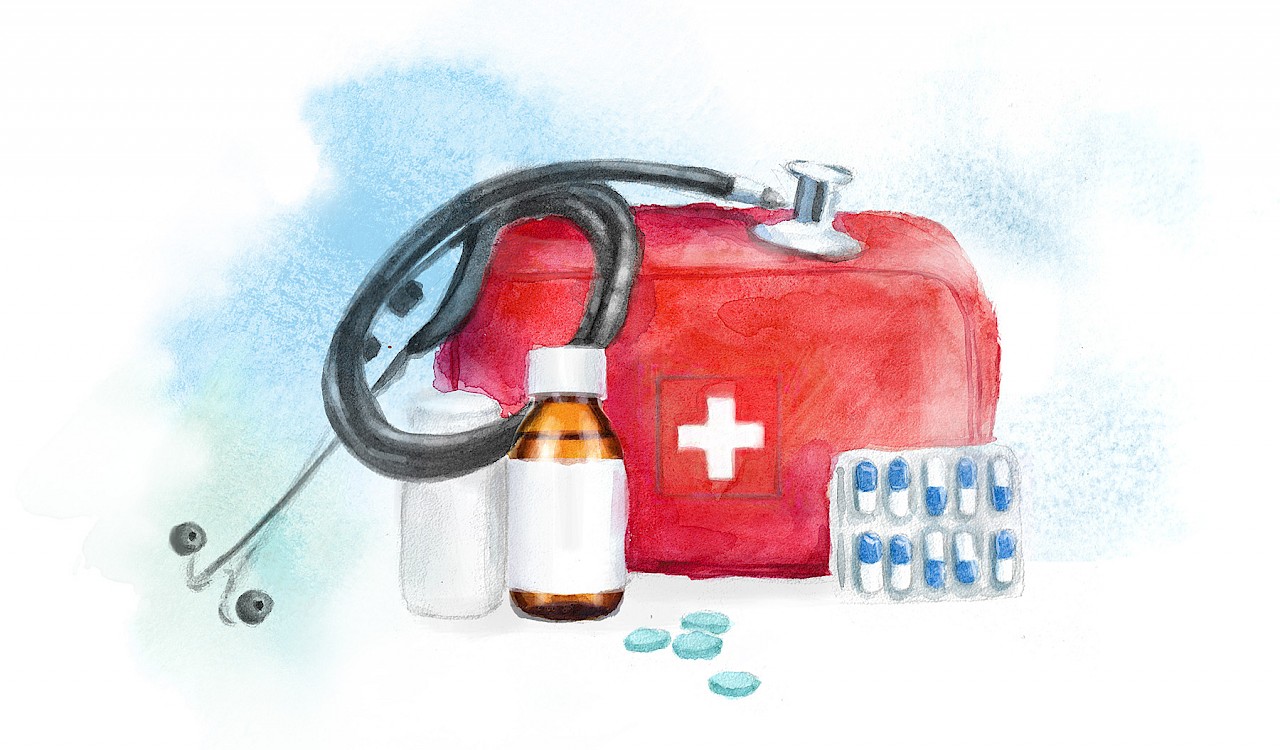May 2019
Opioids are drugs that dull people’s pain. Some are illicit drugs like heroin; others are prescription pills like OxyContin, Percocet, Norco, and Fentanyl. When the prescription opioids first came on the market years ago, they were promoted as non-addictive miracle medications, but when patients began dying from accidental opioid overdoses in record numbers, healthcare providers realized the truth: opioids were highly addictive drugs that required higher and higher doses to maintain the same level of pain relief. Opioids were also contributing to other health problems.
The medical community needed a way to treat the problem it had inadvertently helped to create.
In 2002, a drug called Buprenorphine (Suboxone) became available, paving the way for a new medication-assisted treatment (M.A.T.). During this same period, attitudes toward addiction began to change. Rather than considering it a moral failing, people began to recognize addiction (now called “substance use disorder”) as a medical condition. Where abstinence had been the only acceptable treatment, scientific research pointed to a new approach.
With reduced stigma and a better understanding of how opioids connected to specific receptors in the brain, Suboxone treatment gained popularity. Suboxone acts on the same receptors in the brain as opioids without providing the euphoria, so it helps prevent withdrawal symptoms while reducing people’s cravings. Health centers nationwide began developing M.A.T. programs.
Locally, we began our M.A.T. program at MCHC Health Centers about this time, working with regional and national experts to develop an evidence-based, best-practice care model. The reason our M.A.T. program and others like it are so effective is because they deal with all the issues surrounding substance use disorder—physical, behavioral, and social. The program combines medical care and behavioral health services along with intensive case management, so patients have the support they need. Patients are also encouraged to engage in other community groups and treatment agencies to support their efforts to manage their substance use disorder, ranging from abstinence to maintenance.
After an initial assessment with the medical and behavioral health teams, patients in the M.A.T. program meet with their medical provider regularly, both to monitor drug use and to address any other medical problems (and there can be many after months or years of drug misuse). Patients in the program also participate in a facilitated peer support group and check in with case managers who provide additional education and support. The M.A.T. program helps create an opportunity for order in what used to be a chaotic life.
Our M.A.T. team sees patients of all ages, from young adults to people in their 80s. While we are proud of our excellent results based on negative urine tests and other objective measures, the more important rewards come when we help each participant reach his or her personal goals, whether that’s holding a marriage together, regaining custody of children, or finally being able to break the cycle of addiction, so they can stop feeling the shame and frustration of it over and over again.
As people trained in addiction medicine, we understand how addiction works; we do not judge our patients when they make mistakes. We know that the likelihood of success is tied directly to their motivation and their willingness to keep at it. It’s a rare patient who achieves sobriety without any setbacks.
The M.A.T. program isn’t right for everyone. It’s an outpatient program that requires a serious commitment from participants. Some people are better served with a residential drug or alcohol treatment program—after our initial assessment, we can help patients determine what’s best for them.
We’ve been doing this a long time, so long that now we provide guidance for emerging M.A.T. programs in Mendocino, Lake and Sonoma Counties. Our partners are regional and national experts in the field, including organizations such as Camden Coalition, Partnership Health Plan, Safe Rx Lake and Mendocino Counties, California Healthcare Foundation, and the Health Resources Services Association (HRSA).
Through all of this, here’s what we’ve learned: change is possible. People can overcome their dependency. If you or someone you love is struggling with opioid dependence, call us. We can help.
Frank McGarvey is a licensed clinical social worker and Justin Ebert, PA-c, is the medical director at MCHC Health Centers, a local, non-profit, federally qualified health center offering medical, dental and behavioral health care to people in Lake and Mendocino Counties.

 MyChart Login
MyChart Login

